When it comes to national security, things aren’t always as straightforward as they seem. Here are 20 views on the UK’s security policies and practices that might make you see things differently.
1. Surveillance Overkill
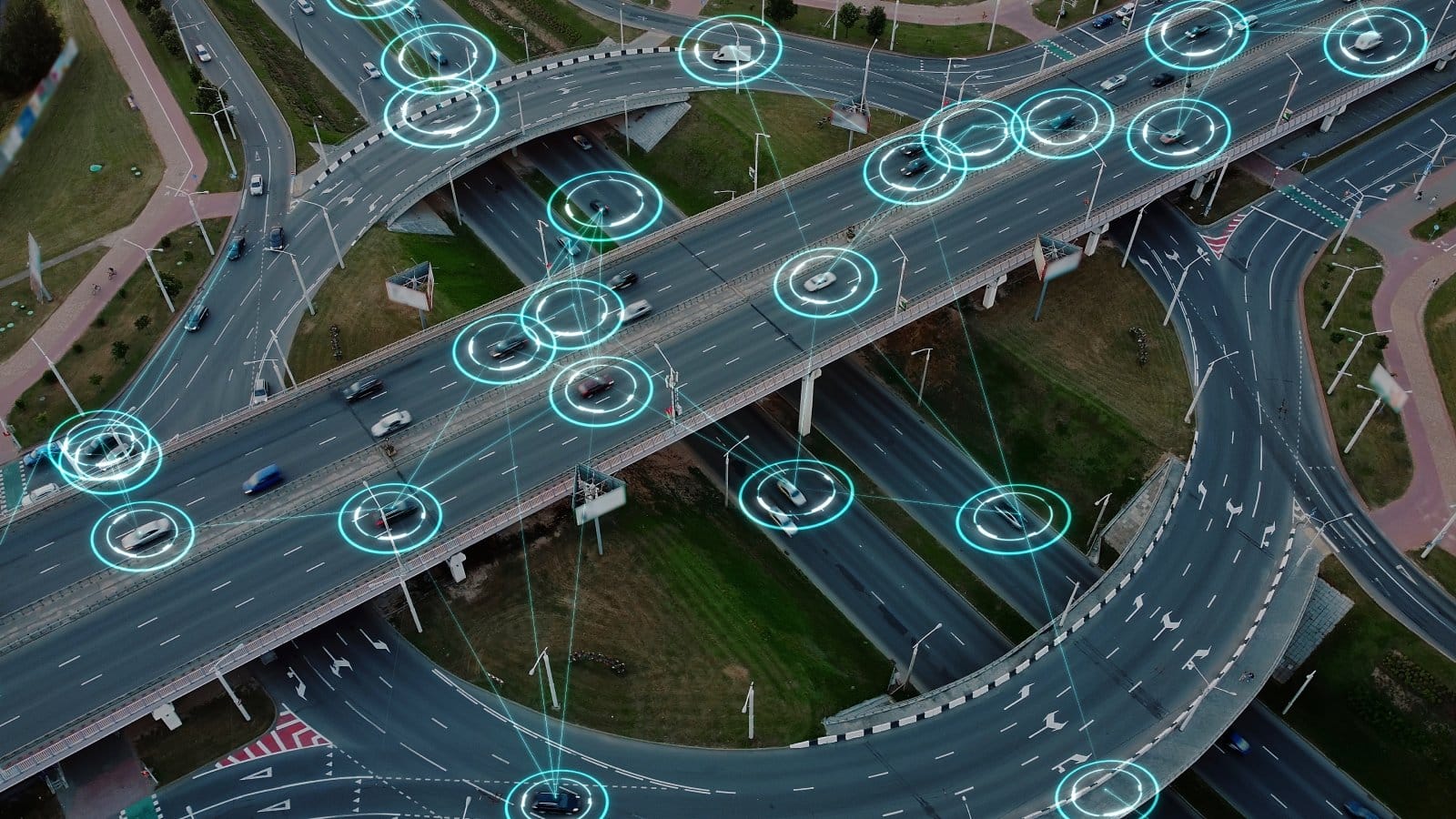
Is the UK’s extensive surveillance network, heralded for keeping us safe, actually just a massive invasion of privacy? Some argue it’s like living in a Big Brother state under constant watch.
2. Cyber Defence Gaps
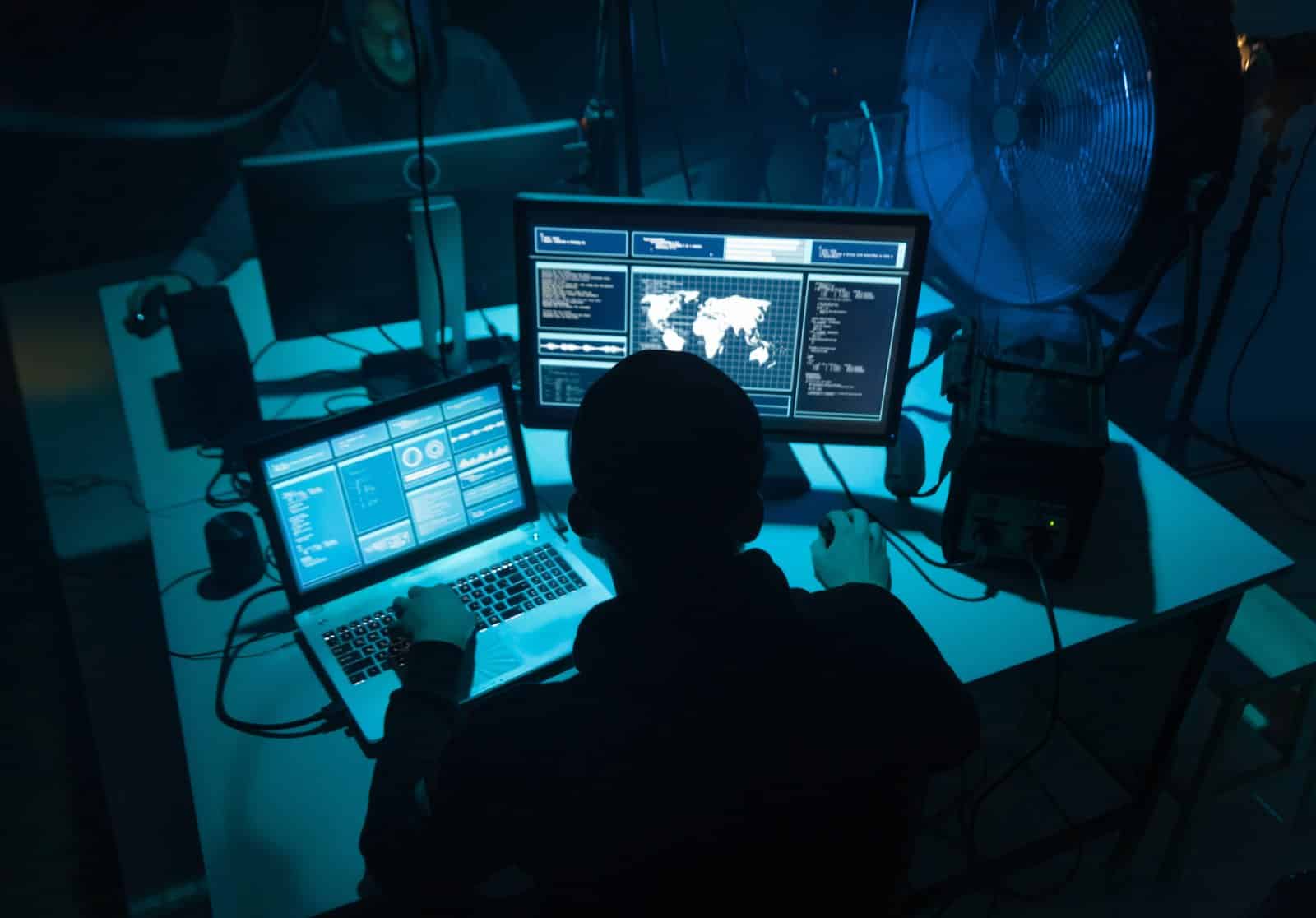
Despite being a world leader in intelligence, the UK might be seriously underprepared for cyber warfare. Are we focusing too much on traditional threats and not enough on digital dangers?
3. The Trident Debate

The cost and morality of maintaining Trident, the UK’s nuclear deterrent, are highly disputed. Is it an essential security measure or an outdated and dangerous relic?
4. Terrorism Legislation

Terrorism laws in the UK are some of the toughest, but are they too harsh? Critics claim they erode civil liberties in the name of security.
5. The ‘Special Relationship’
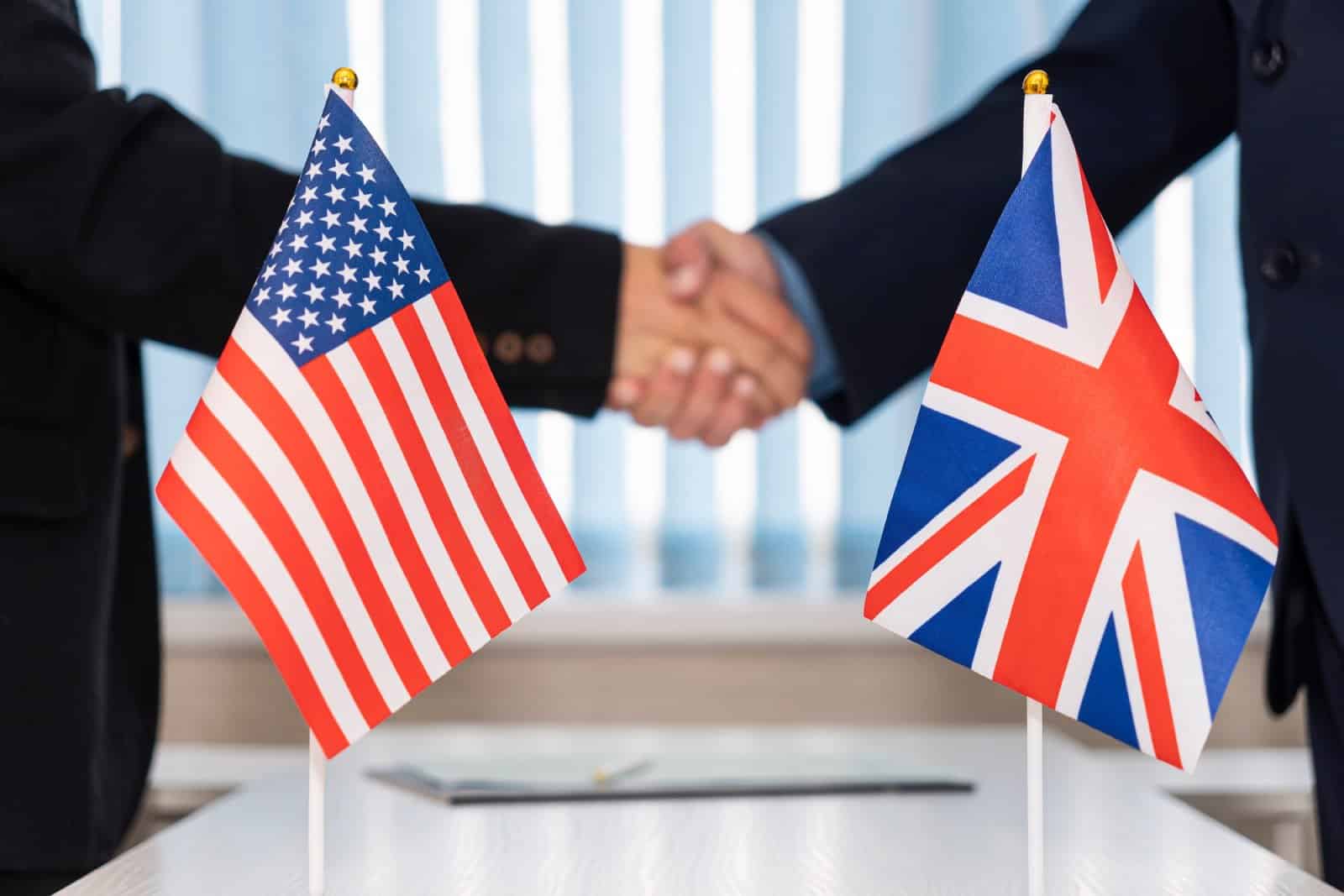
The UK’s close security ties with the US are often seen as beneficial, but do they actually put the UK in more danger by aligning with American foreign policy blunders?
6. Border Security Challenges
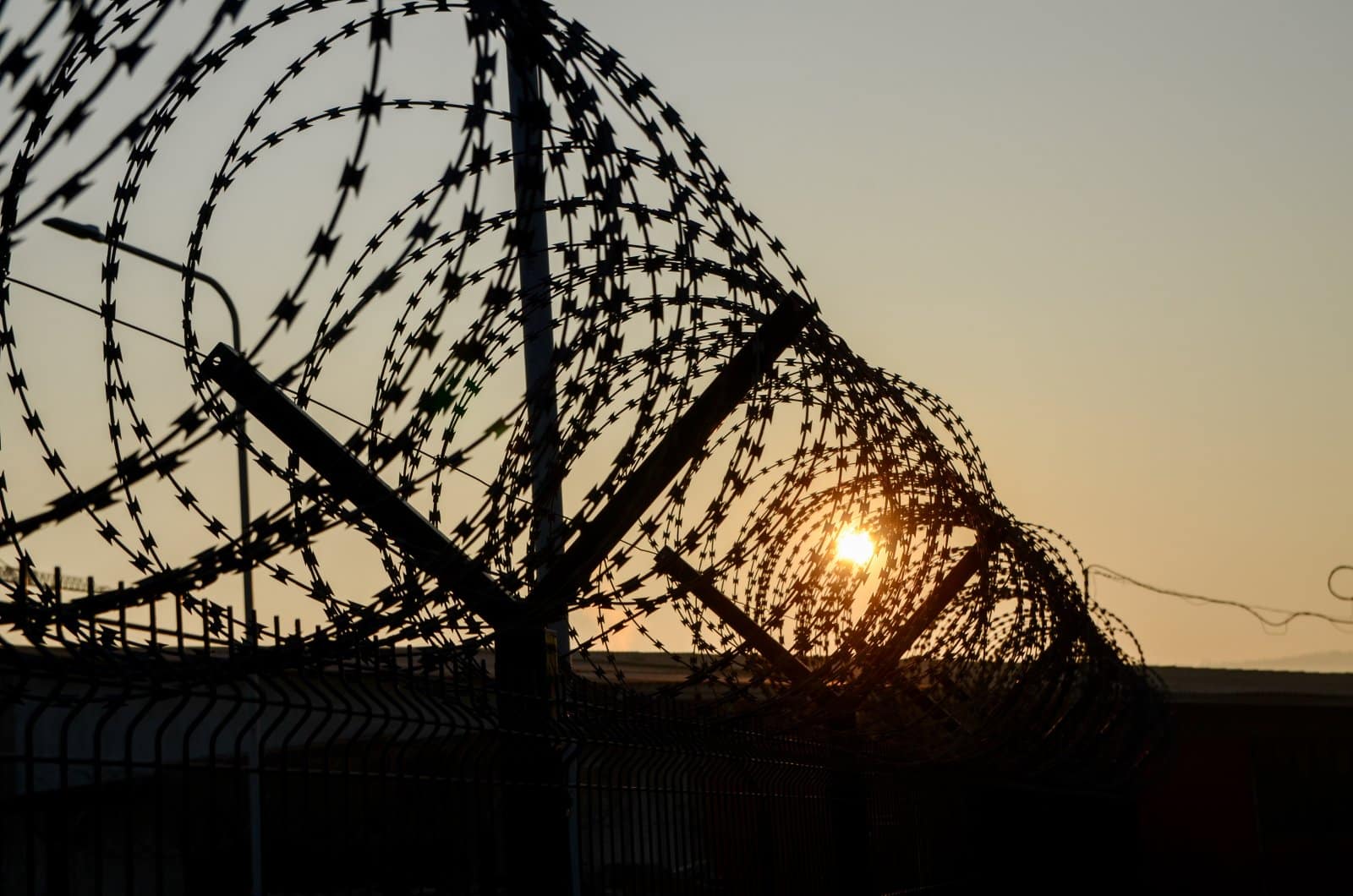
With increasing migration, some argue the UK’s border security is too lax and poses a national security risk. Others believe that this perspective fuels unnecessary xenophobia.
7. Green Energy and Security

Some voices in the security sector see the shift towards green energy as a threat to national security, fearing it makes the UK dependent on unstable regions for critical materials like lithium.
8. Military Spending

Is the UK spending enough on its military, or is it overspending on outdated capabilities? The debate continues on how best to allocate defence funds.
9. China and Huawei
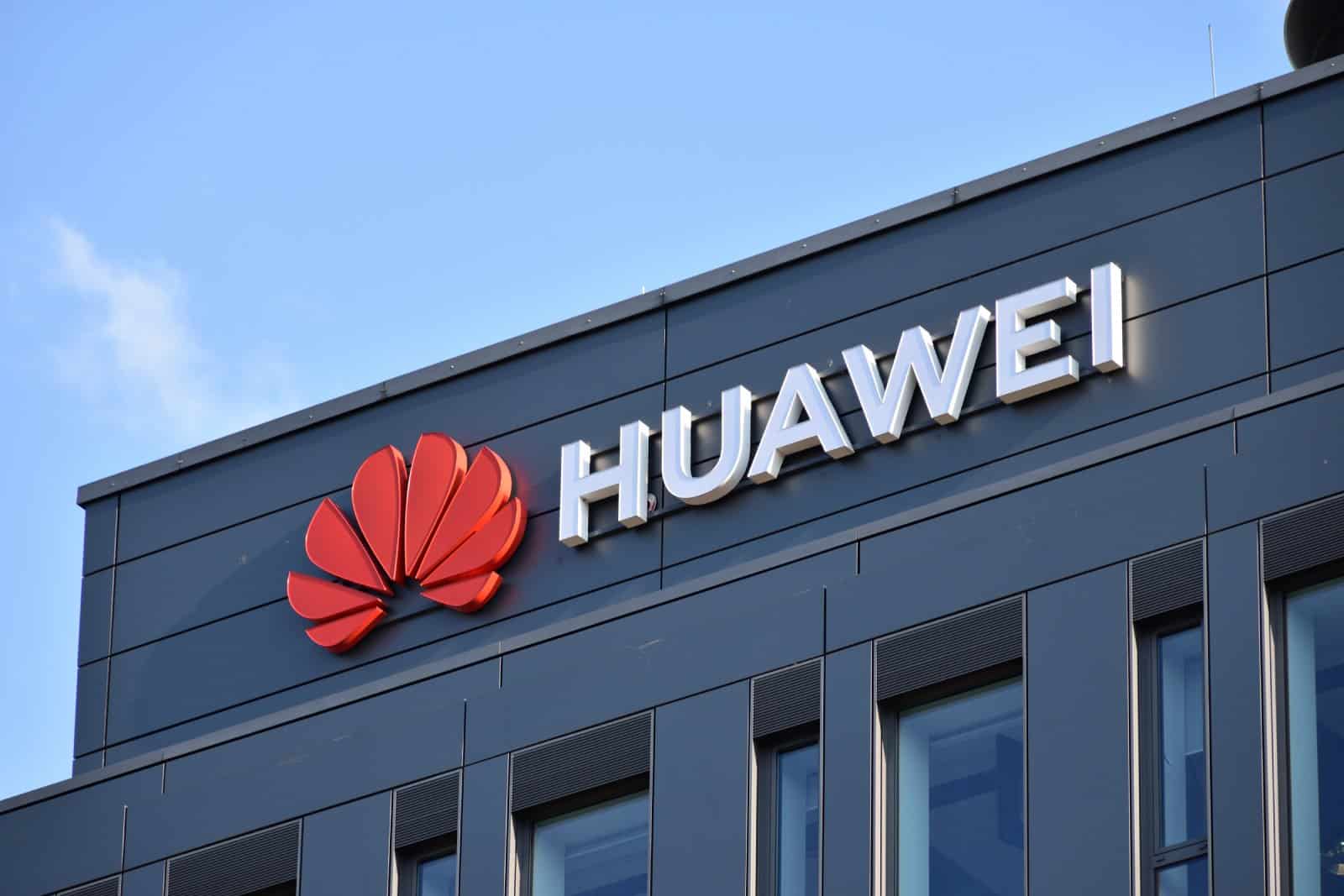
The involvement of Chinese companies like Huawei in the UK’s telecoms infrastructure has been a hot topic. Is it a sensible economic move or a potential trojan horse?
10. Russia’s Influence Operations
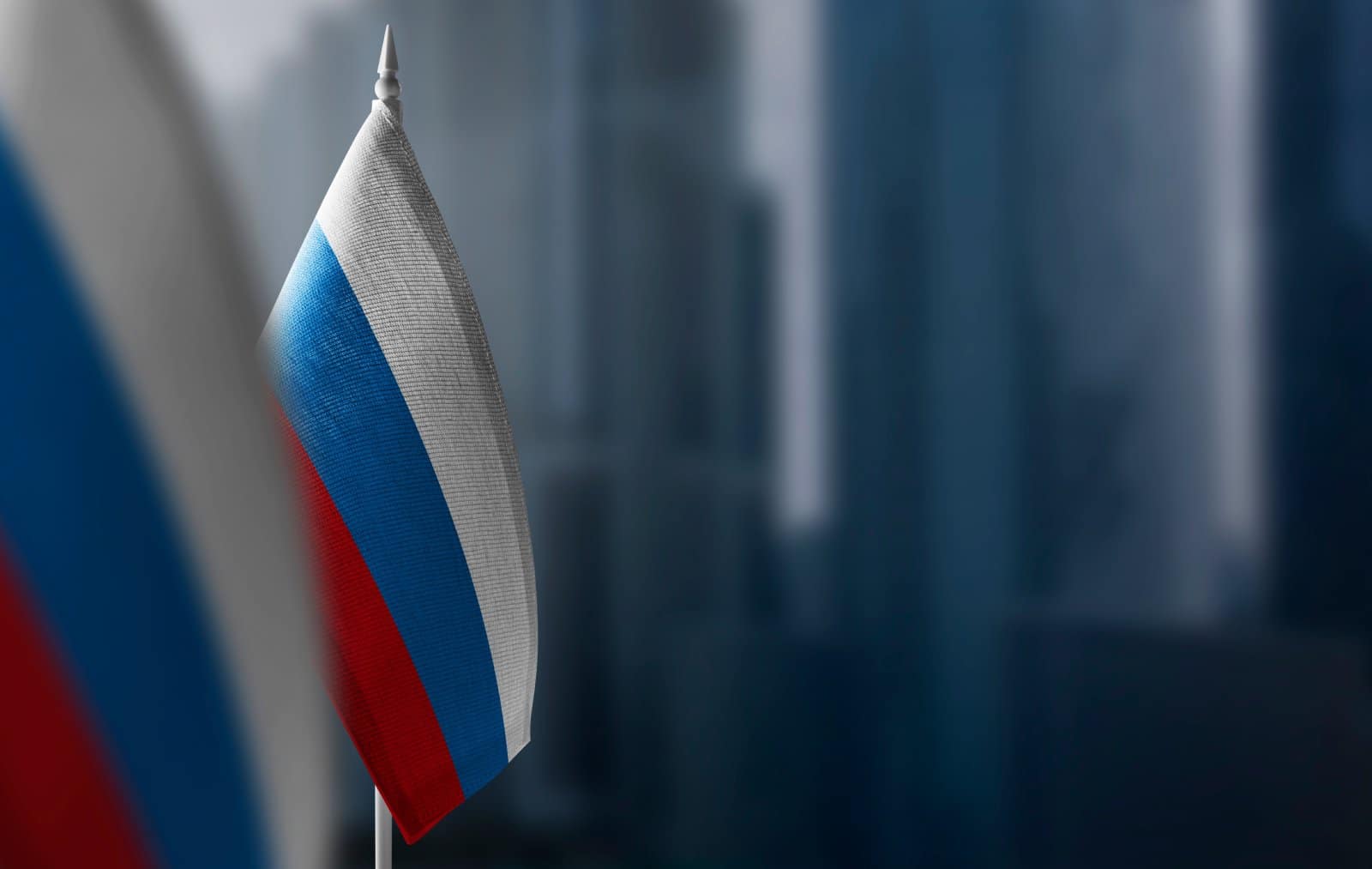
How well is the UK guarding against Russia’s covert influence operations? Some think the UK is alarmingly vulnerable to Russian disinformation and political meddling.
11. Policing vs Privacy

The increasing use of facial recognition technology by police has sparked a privacy vs security debate. Where should we draw the line?
12. Space Defence

As space becomes the next frontier, some argue that the UK needs to invest more in space defence capabilities to protect satellites and other critical infrastructure.
13. AI in Warfare

The use of AI in defence sounds like sci-fi, but it’s becoming reality. Are ethical considerations being sacrificed for technological advancement?
14. Pandemic as a Security Threat

COVID-19 highlighted how a health crisis can become a security threat. Should pandemic preparedness be part of national security?
15. The Role of Private Contractors

The use of private security contractors in combat zones is controversial. Does it represent a sensible use of resources, or is it an abdication of government responsibility?
16. The Brexit Impact
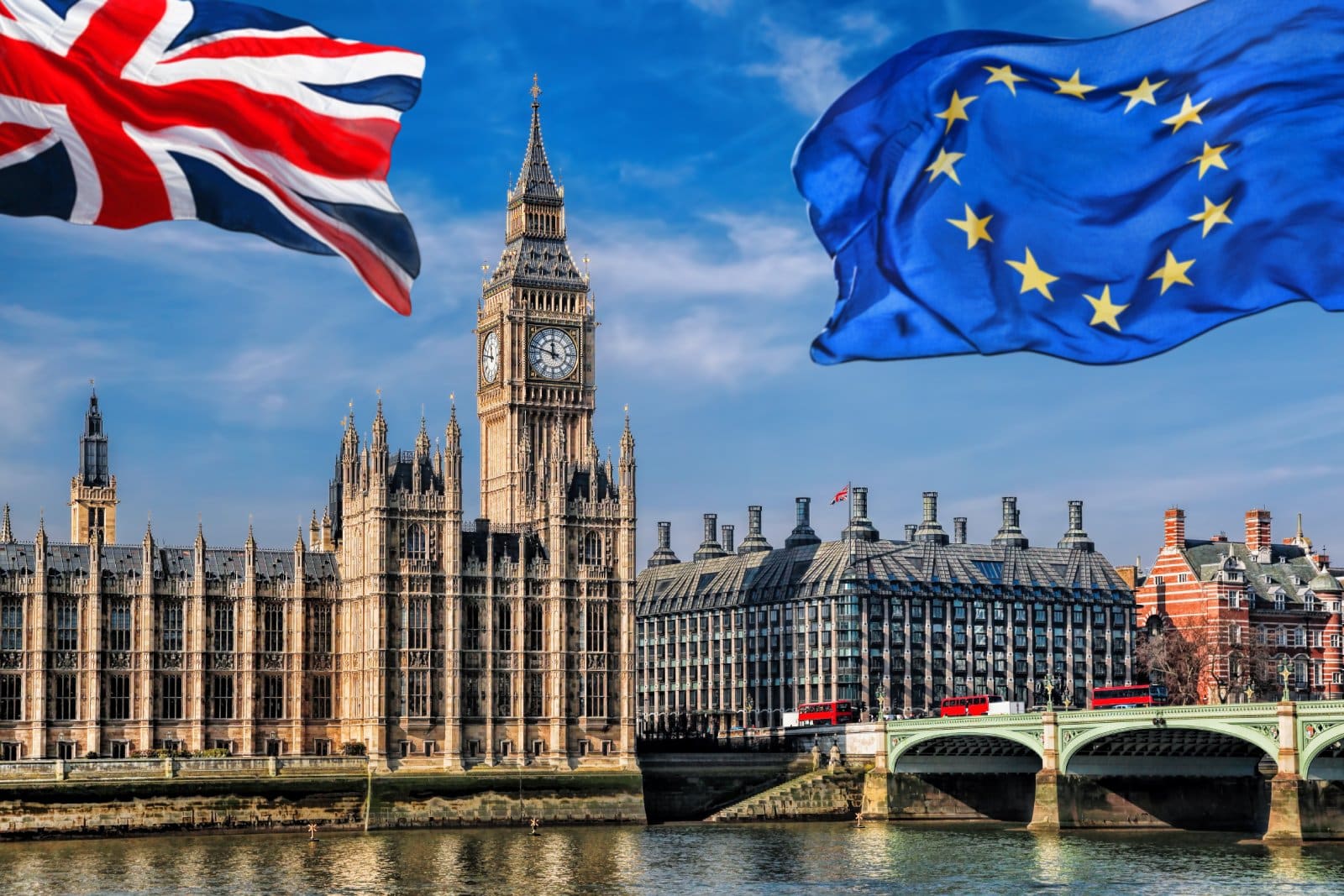
Brexit has fundamentally changed the UK’s security landscape, especially in terms of data sharing and law enforcement cooperation with the EU. Are we safer out than in?
17. Social Media Monitoring

Government monitoring of social media is seen by some as a necessary tool to prevent terrorism, while others view it as a slippery slope towards authoritarianism.
18. Soft Power Neglect

Some experts argue that the UK has underinvested in soft power—using cultural influence rather than military might. Is this a missed opportunity for more subtle security?
19. Integration vs. Segregation

How the UK integrates its diverse communities has profound implications for national security. Is current policy promoting harmony or fostering divisions?
20. Information Warfare Readiness

Is the UK truly prepared for modern information warfare, where battles are fought not with guns but with data and deception?
A Real Eye-Opener

These opinions challenge the status quo and invite us to think more deeply about what national security means in today’s interconnected and rapidly changing world. Each point opens up a complex web of ethical, strategic, and financial implications that are sure to stir some lively debate.
Featured Image Credit: Shutterstock / Andrew Harker.
For transparency, this content was partly developed with AI assistance and carefully curated by an experienced editor to be informative and ensure accuracy.

